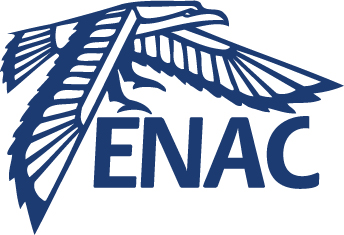Integrity Risk Under Temporal Correlation for Horizontal ARAIM
Résumé
Integrity requirements for safety-critical global navigation satellite system applications, such as in civil aviation for the nonprecision approach through precision approach, are defined in a per hour or per approach (i.e., 150s) basis by the International Civil Aviation Organization. This article presents a novel methodology for mapping such operational requirements to the specific risk at an algorithmic level for advanced receiver autonomous integrity monitoring (ARAIM), in particular horizontal ARAIM (H-ARAIM). We thoroughly evaluated the actual risk over time by performing extensive first-order Gauss Markov Process Monte Carlo runs for the propagation of time-correlated position errors and test statistics over one hour exposure time and accounting for multiple events of loss of integrity over the time interval. A comparison of the risk over time and the risk for a single epoch leads to the number of effectively independent samples. The current integrity equation was modified using the number such that a specific risk requirement is allocated to a single sample for the determination of the protection level. This study also examined the impact of the modified risk allocation on the existing fault detection and exclusion algorithm by conducting H-ARAIM availability simulations and by comparing the results based on the newly proposed method with that obtained using the existing single sample-based risk allocation. In our preliminary assessment, little impact on the global availability (availability loss of approximately up to 1%) of the inflated terms of the integrity equation due to the number of valid samples was found
